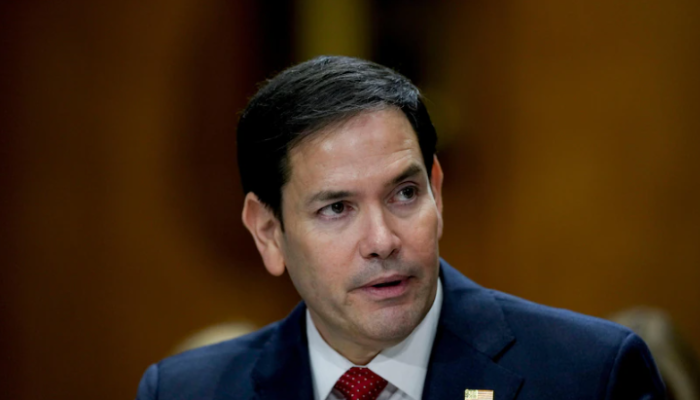
In a bold shift in U.S. national security leadership, President Donald Trump has appointed Secretary of State Marco Rubio to also serve as acting National Security Adviser. The decision marks the first major leadership shake-up in Trump’s second-term administration and places Rubio at the center of a fast-moving foreign policy overhaul.
Rubio’s appointment follows the removal of Mike Waltz, who had served as National Security Adviser until recently. Waltz’s departure was widely anticipated after reports emerged that he mistakenly added a journalist to a secure Signal group chat used by top security officials.
Rubio Embraces Trump’s “America First” Agenda
A former Trump critic during the 2016 presidential race, Rubio has since become one of the president’s most loyal Cabinet members. He has aligned himself closely with Trump’s “America First” foreign policy—abandoning previous commitments to promoting democracy abroad and instead focusing on policies that prioritize U.S. interests.
Since taking office as Secretary of State with unanimous Senate confirmation, Rubio has spearheaded a sweeping reorganization of the State Department. His reforms include downsizing the U.S. Agency for International Development (USAID), reducing foreign service staff by 15%, and revoking thousands of student visas. He has also negotiated controversial agreements to deport criminal migrants to third countries like El Salvador—some of which are facing legal challenges.
Dual Role: Secretary of State and National Security Adviser
With this appointment, Rubio becomes only the second person in U.S. history to hold both positions simultaneously—the first being Henry Kissinger in the 1970s. As the nation’s chief diplomat and now National Security Adviser, Rubio will oversee diplomatic, military, and intelligence coordination across the federal government.
Despite the immense workload, Rubio has expressed confidence in the dual role. In a State Department blog post, he wrote, “I am honored by the trust President Trump has placed in me. I’m proud of the work we’ve done to advance the president’s vision and put the American people first.”
Mixed Reactions Inside and Outside Washington
While Trump praised Rubio’s leadership—calling him the person he relies on to “get it solved”—some foreign policy experts are skeptical. Former Biden-era NSC official Thomas Wright warned, “This job is more than full-time. It’s hard to imagine doing it part-time.”
Inside the State Department, officials were surprised by the news, with one spokesperson admitting she learned of the appointment from a journalist just minutes after Trump posted it online. Despite concerns, insiders say Rubio will continue his diplomatic travels while likely delegating some NSC duties.
Expanding Influence
In addition to leading the State Department and National Security Council, Rubio is also serving as acting head of USAID and the National Archives. His growing portfolio draws comparisons to figures like Jared Kushner, who held multiple roles during Trump’s first term, and Steve Witkoff, a current envoy managing nuclear talks and peace efforts.
As Trump reshapes the executive branch, Rubio’s expanded role may signal the administration’s intent to streamline decision-making and centralize foreign policy under trusted loyalists.
